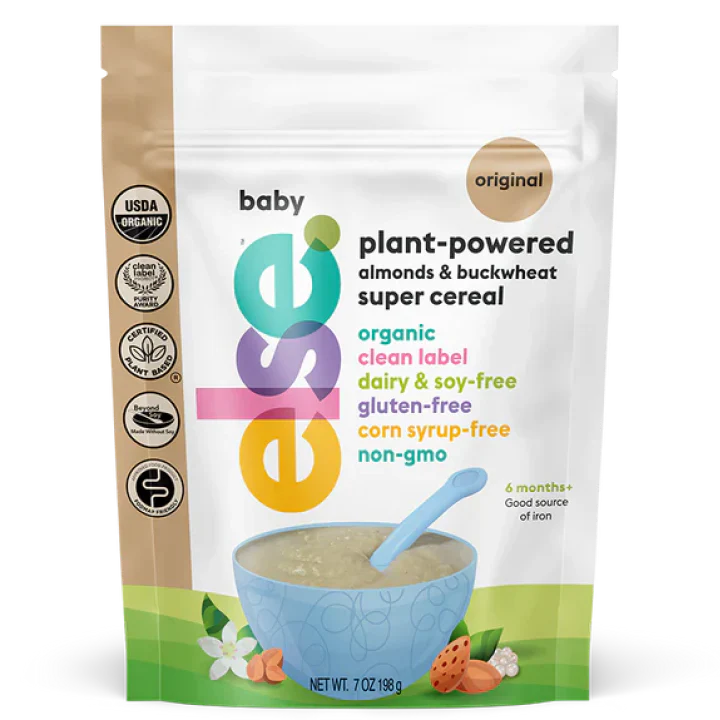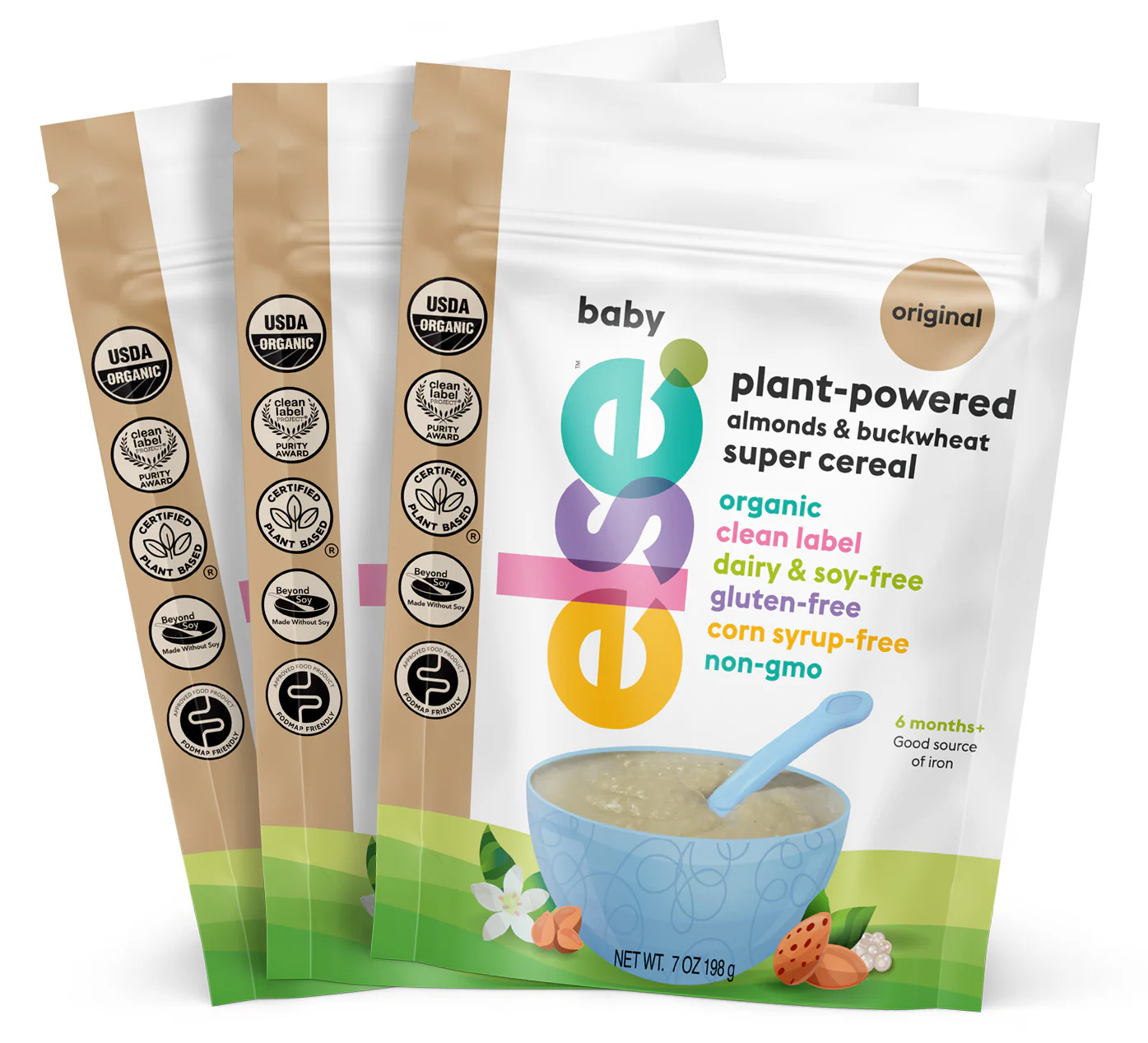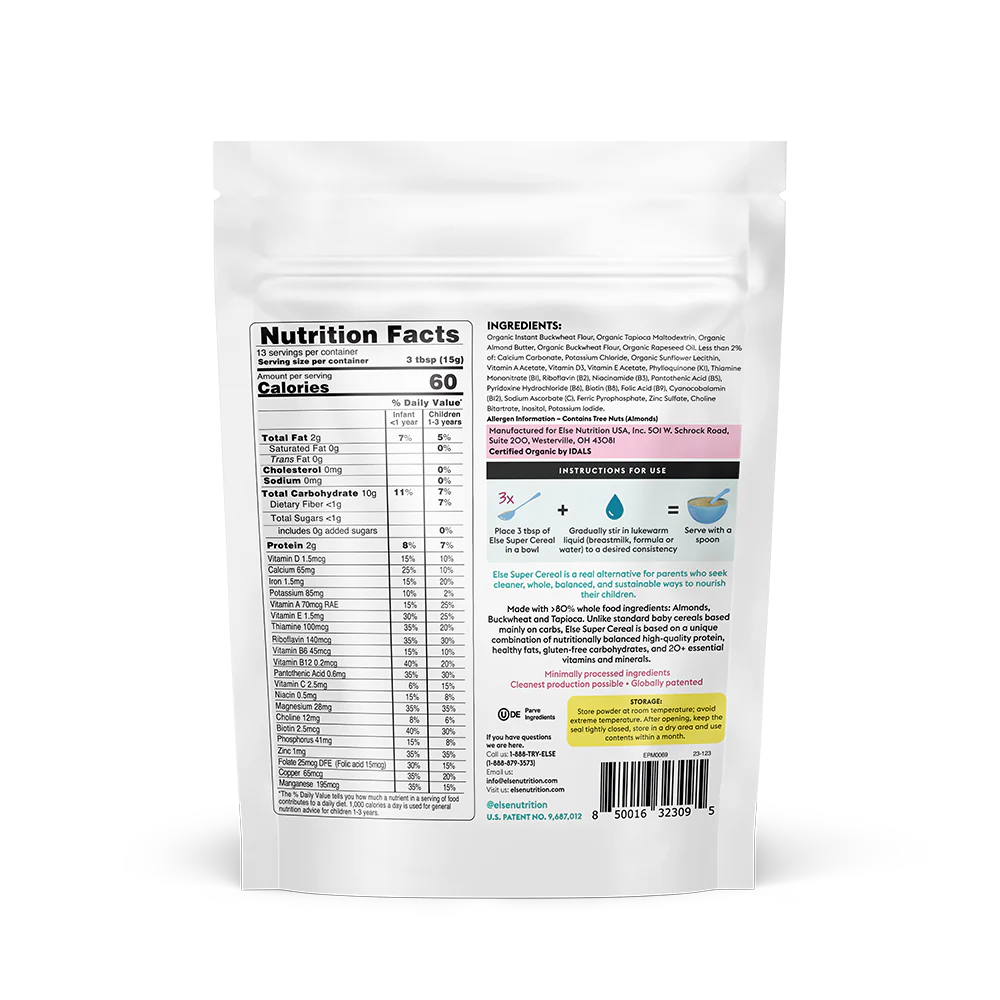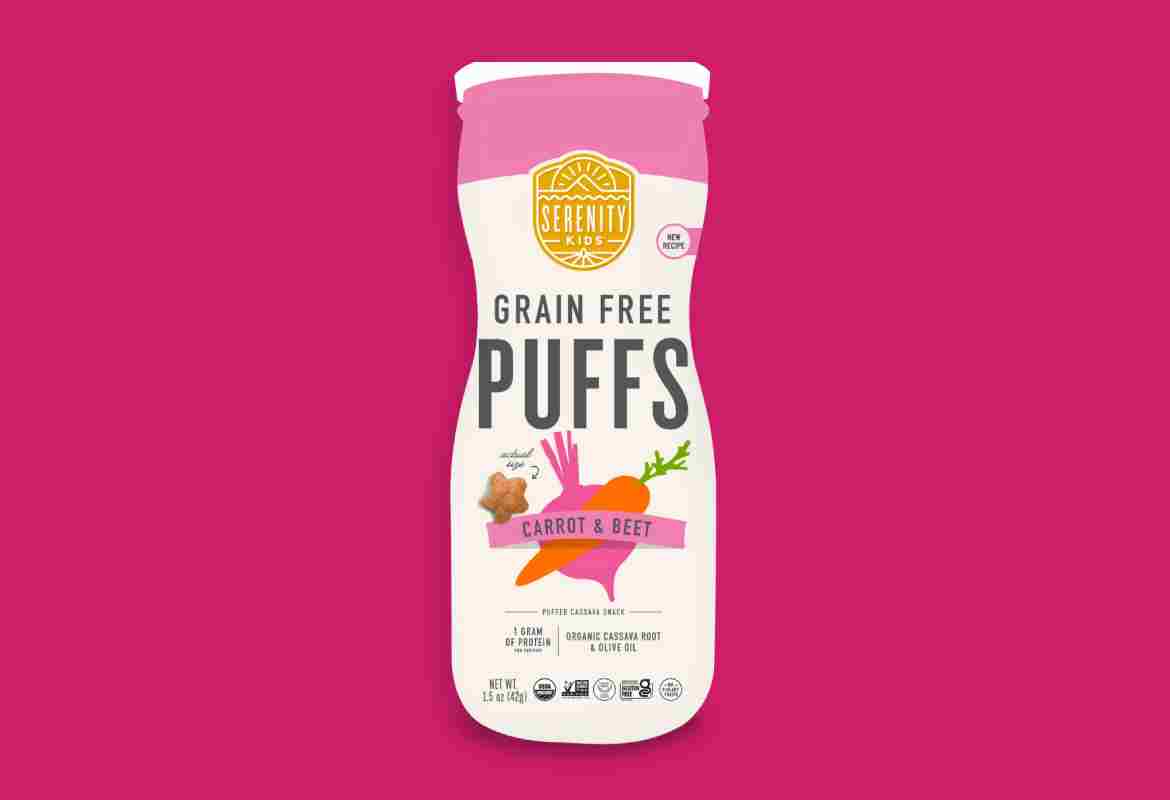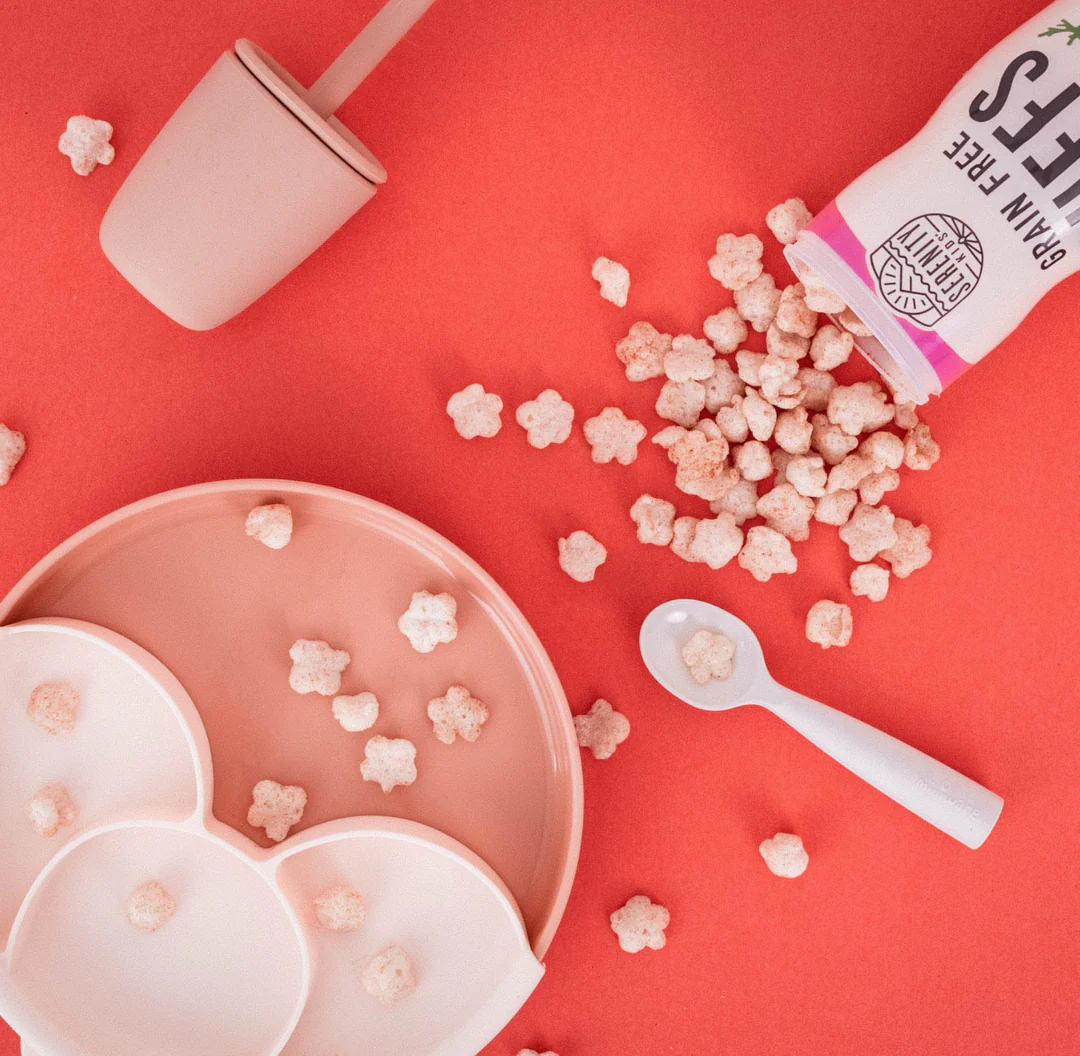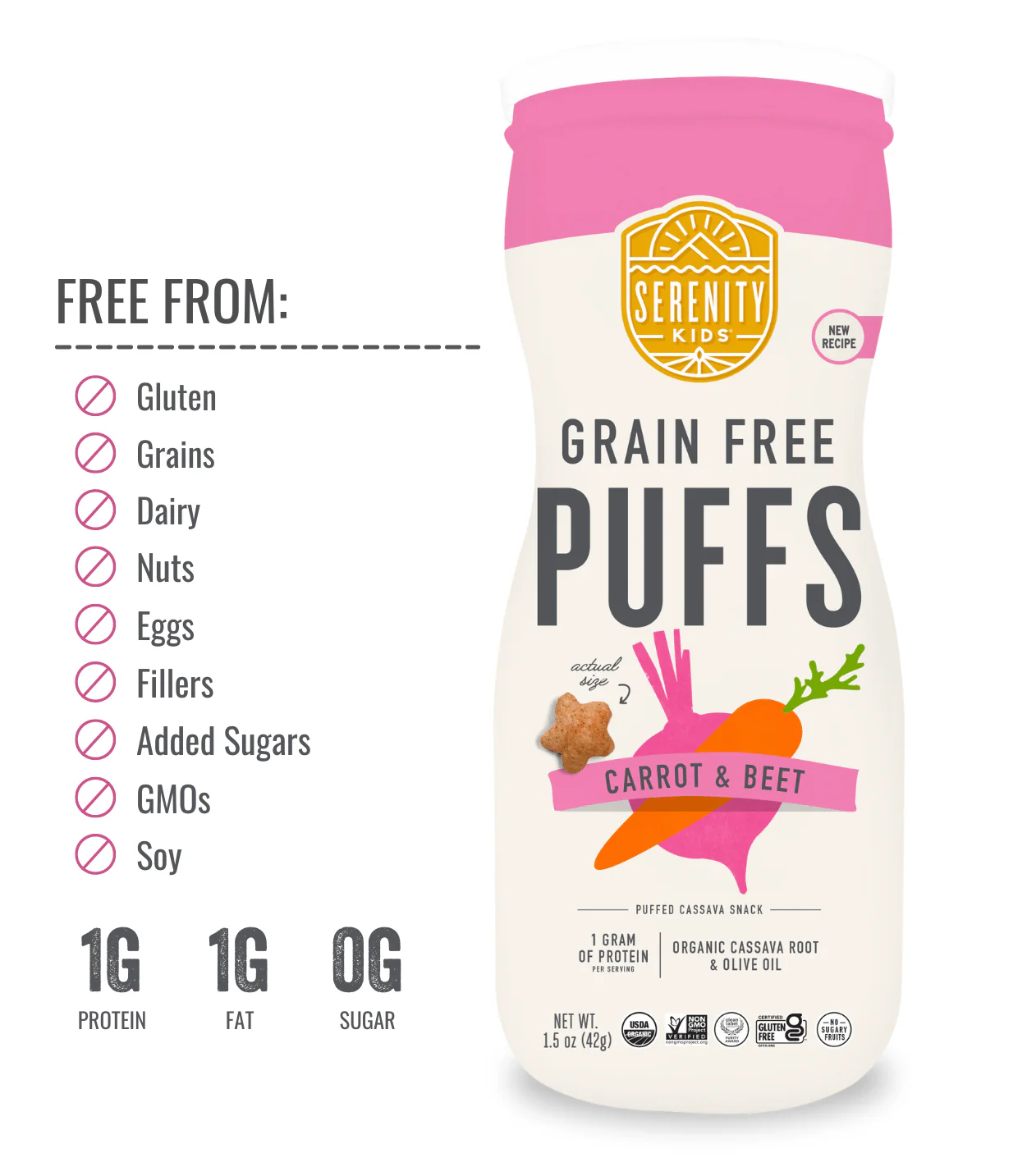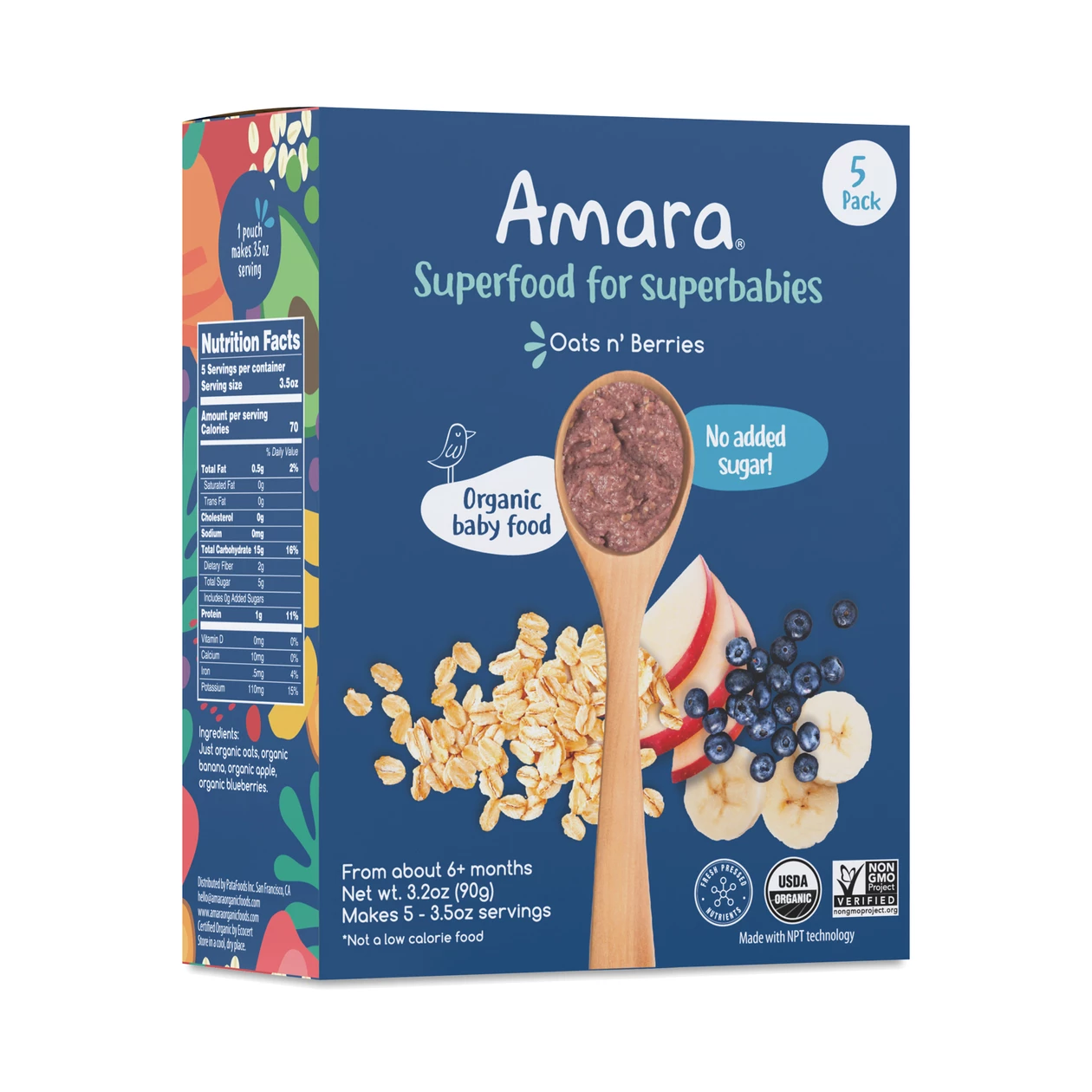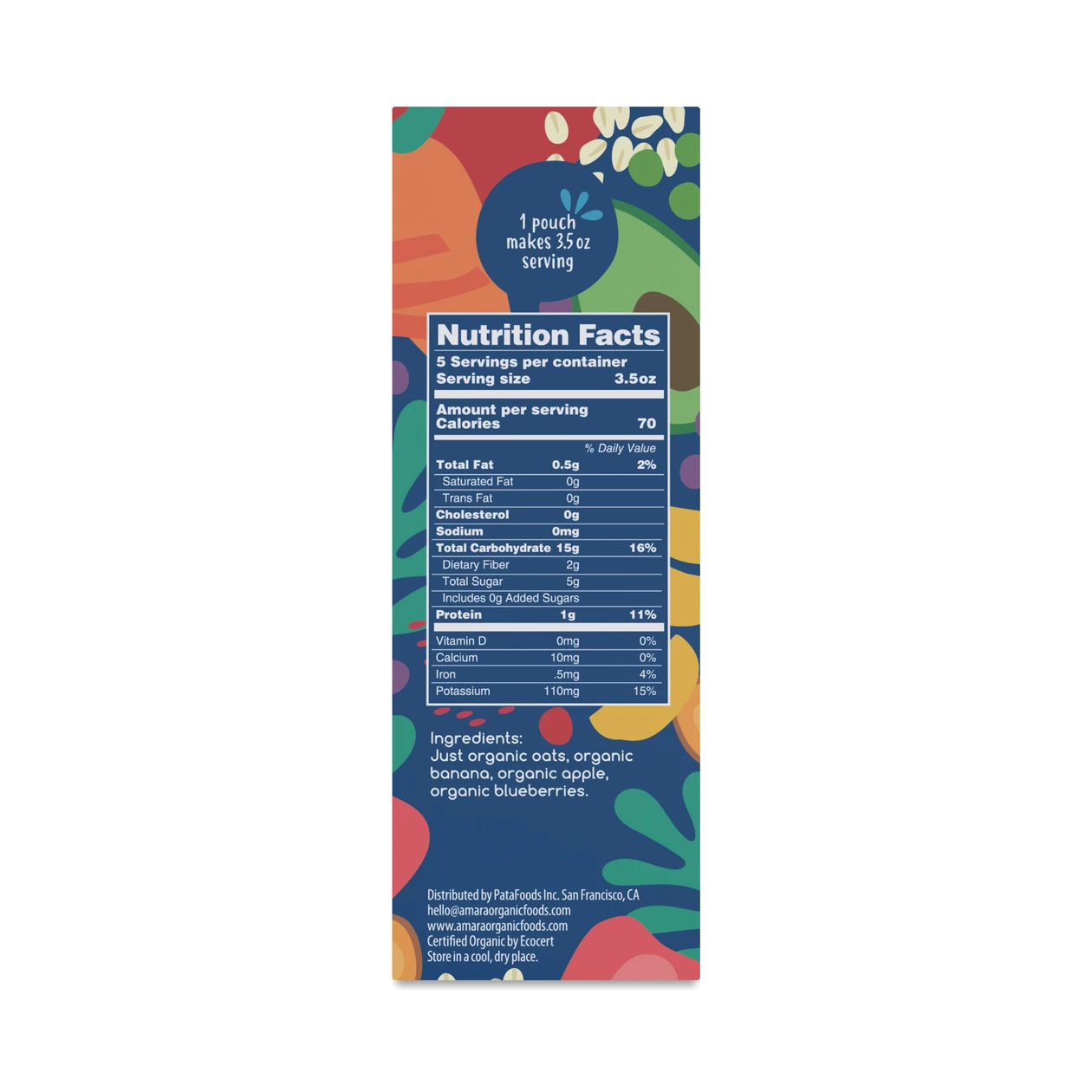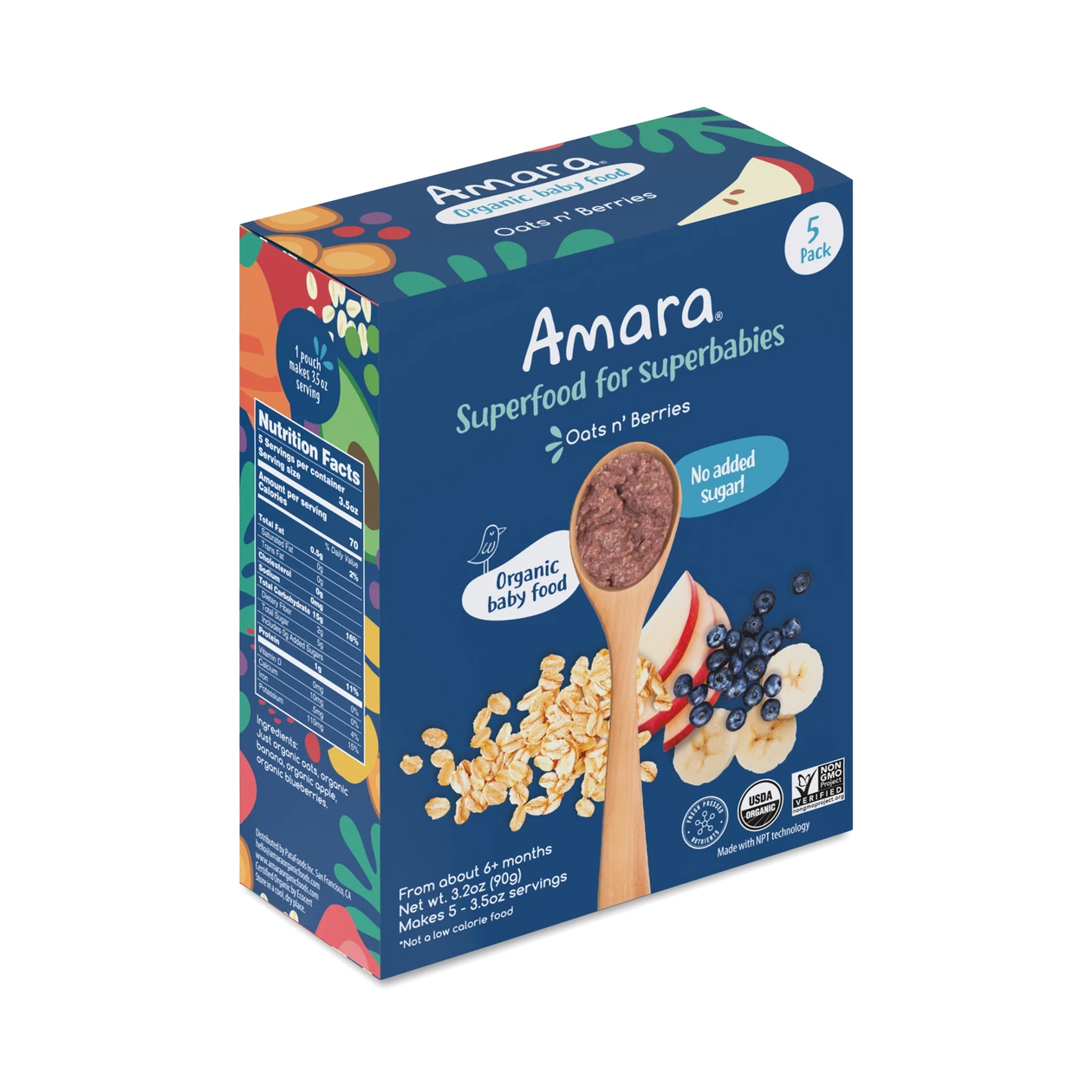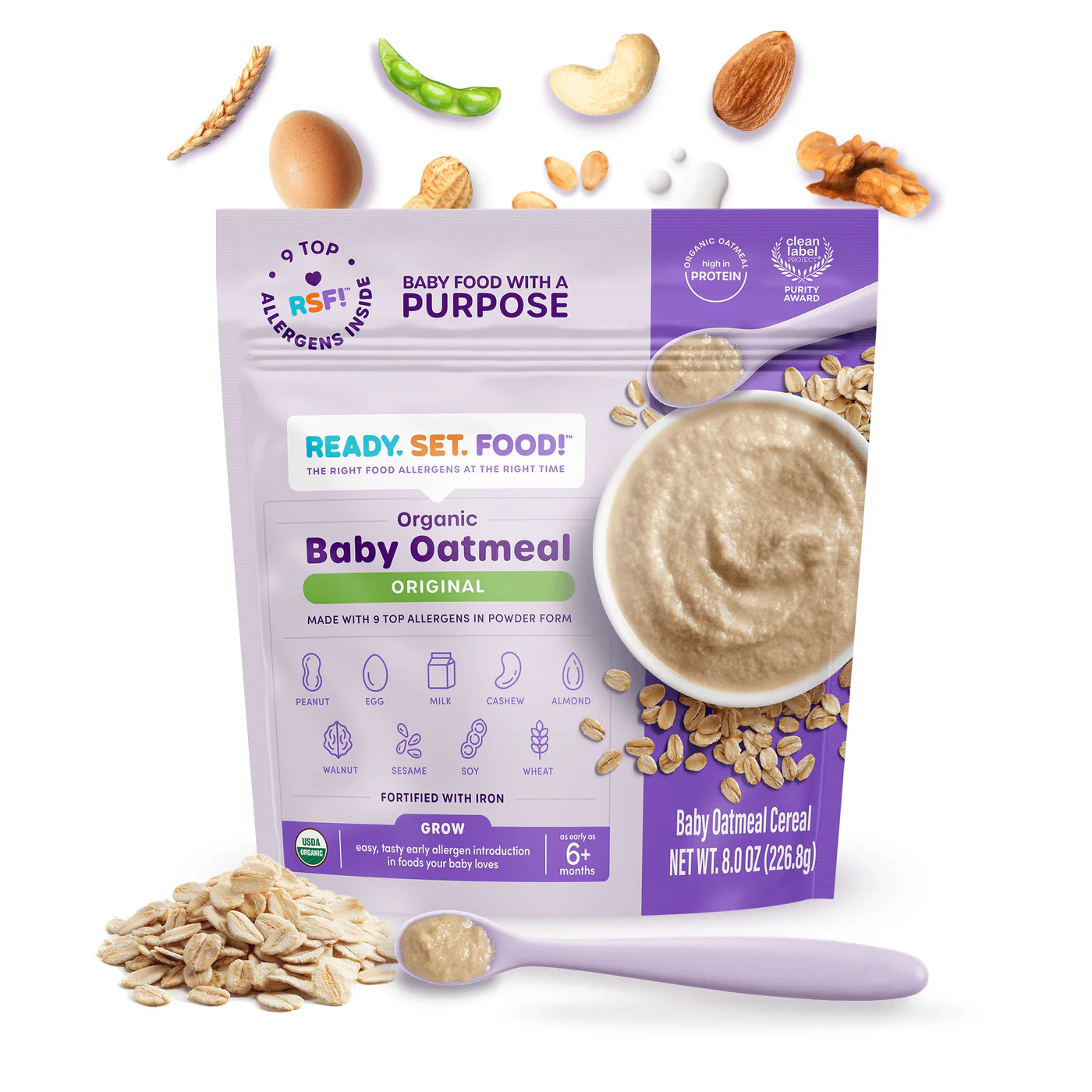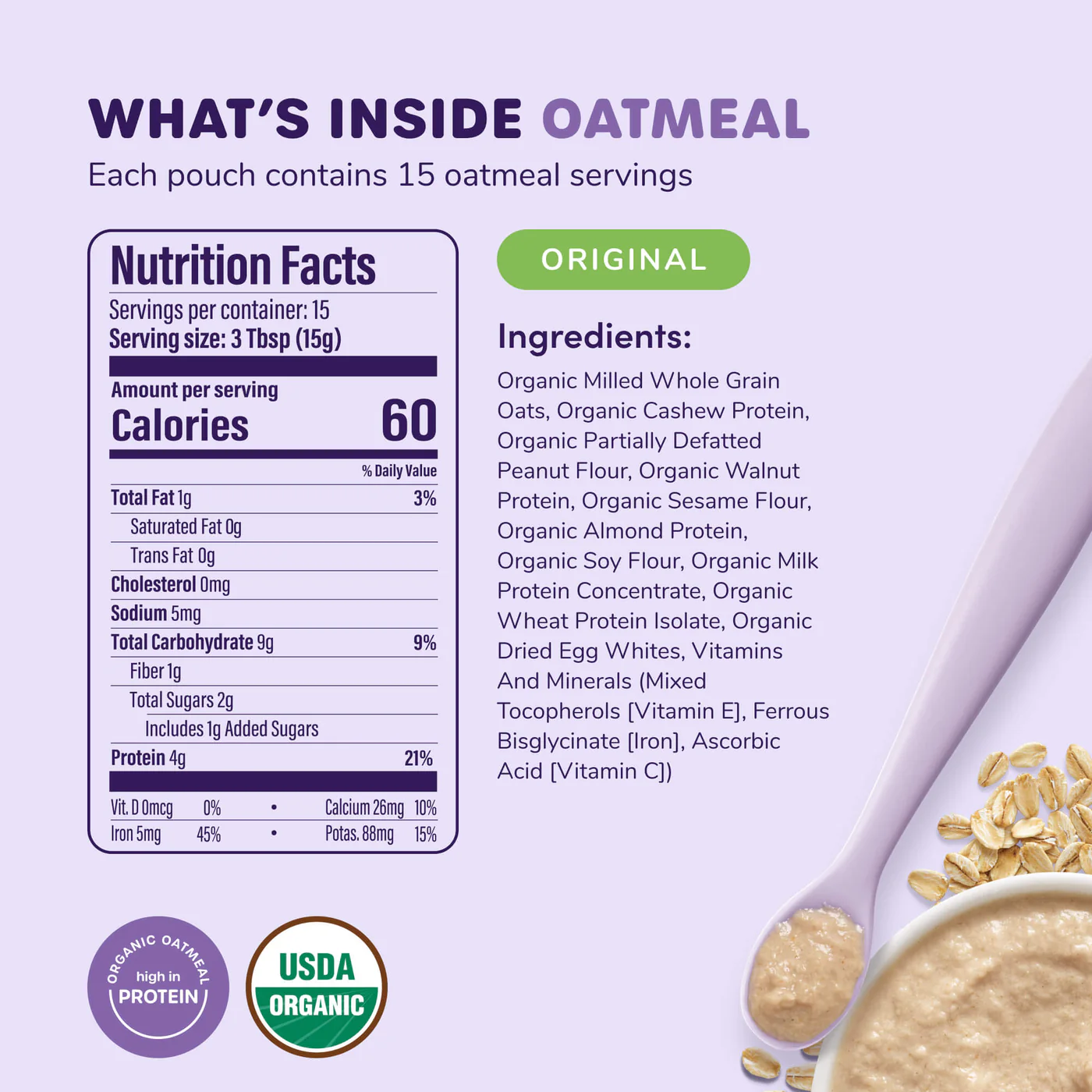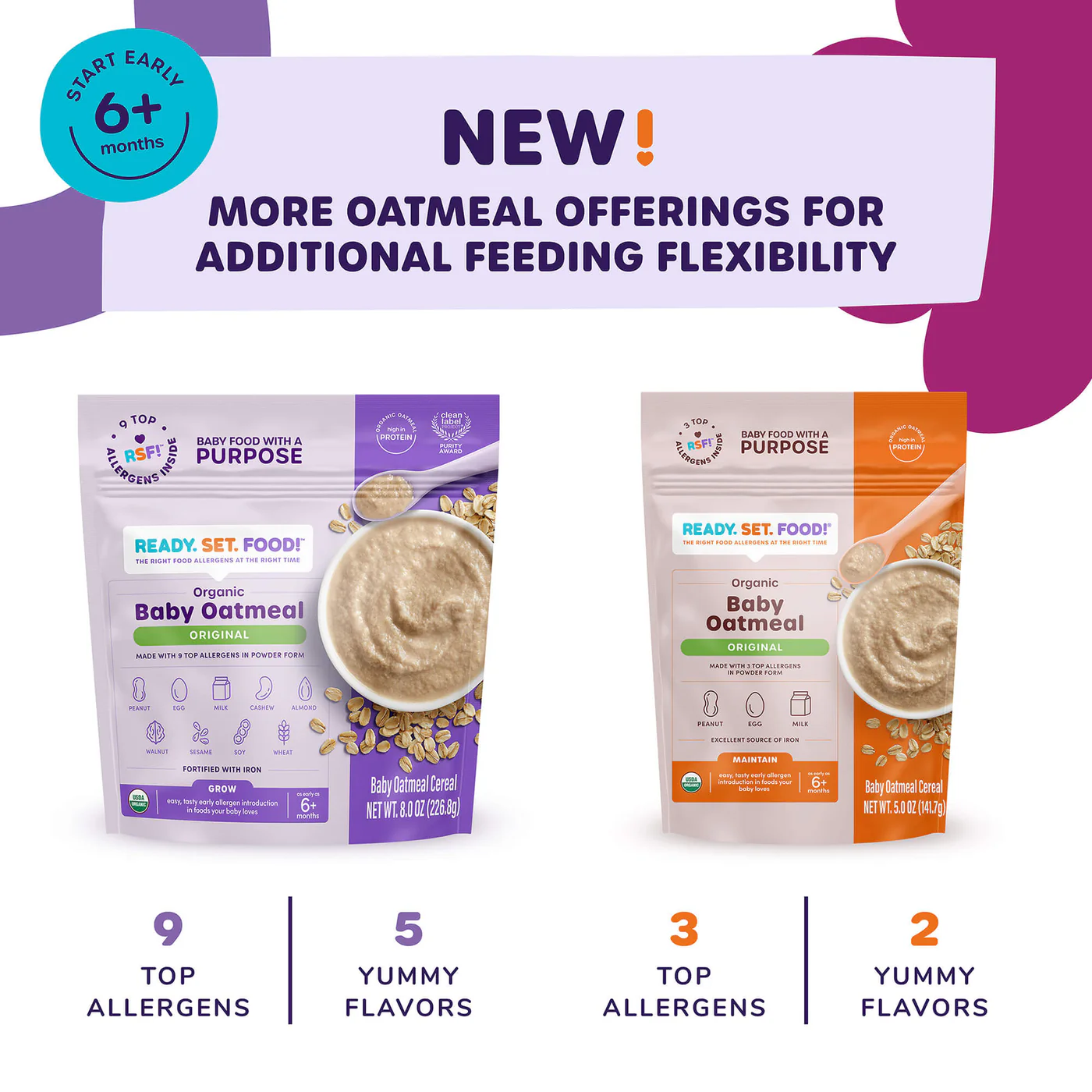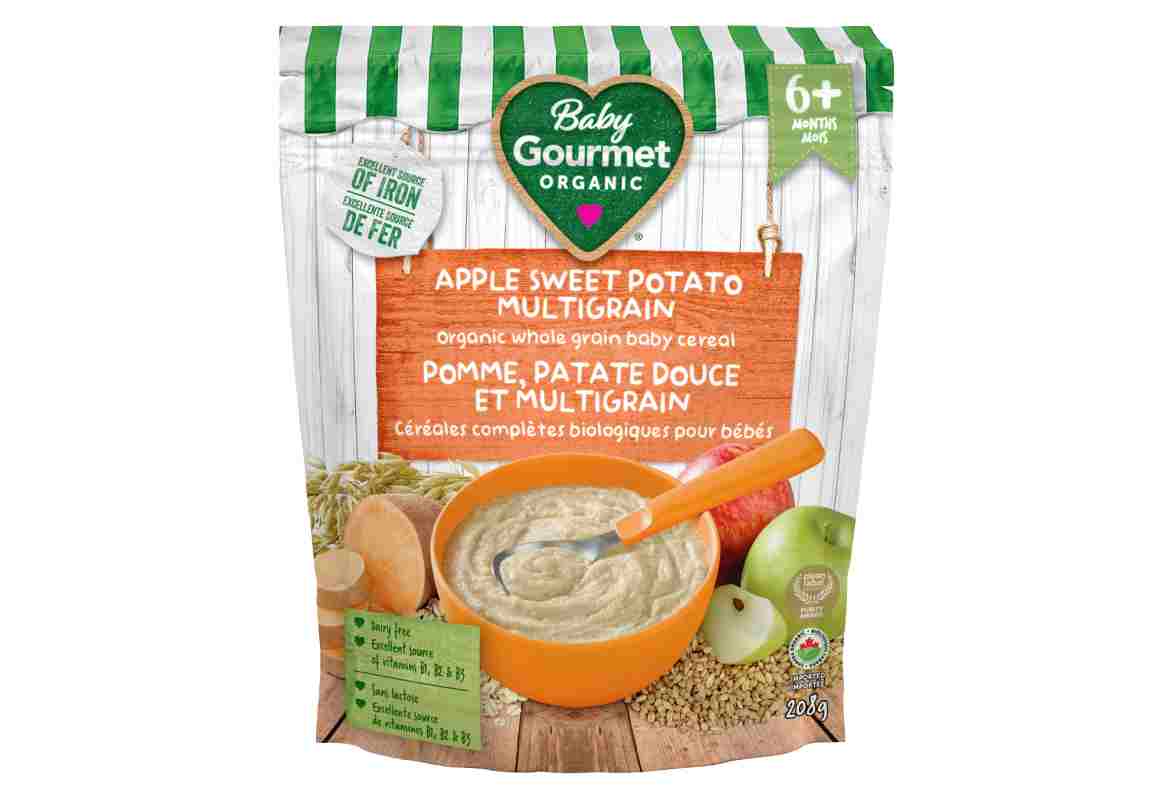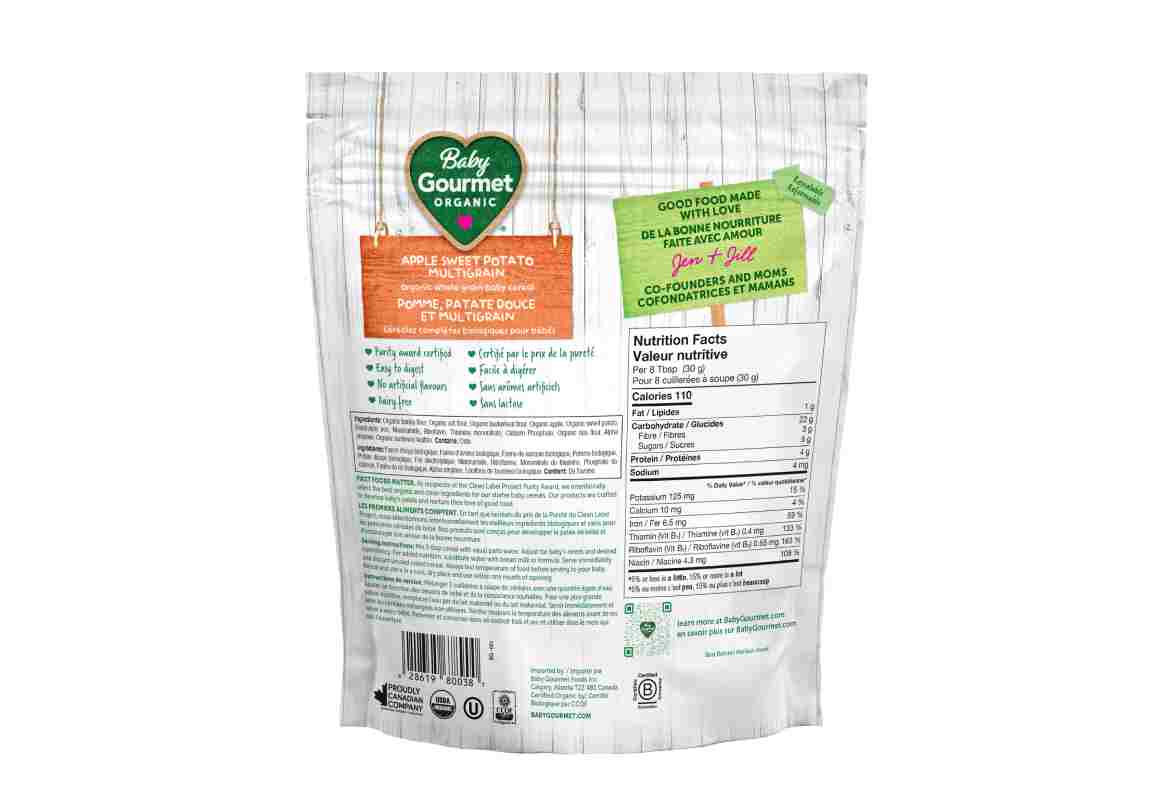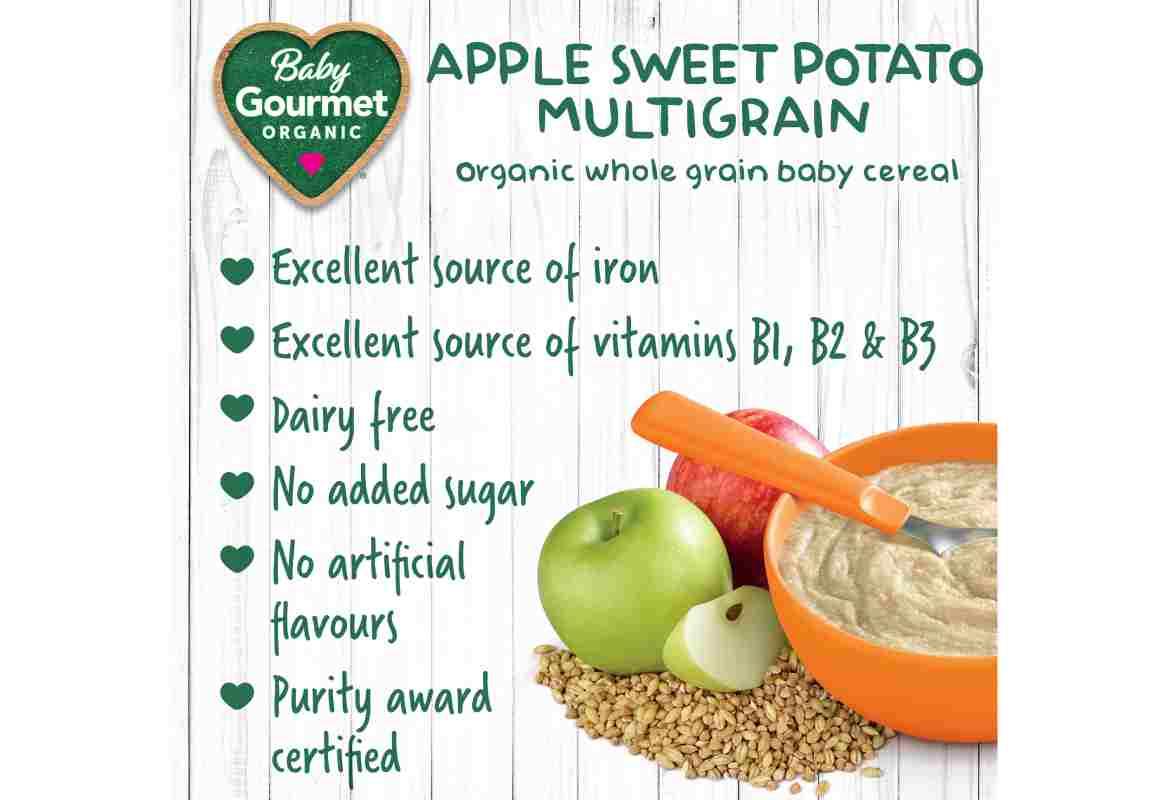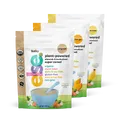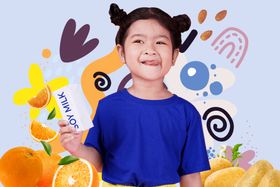5 Best Baby Cereals With No Heavy Metals But All the Nutrition
Don't let heavy metals harm your child: Choose safe and nutritious baby food options
Updated October 14, 2024

A recent study sent shockwaves through the parenting community—95% of tested baby foods were contaminated with heavy metals like arsenic, cadmium, lead, and mercury!
These toxic metals can accumulate in a child's developing body, potentially leading to severe health consequences. This alarming revelation underscores a serious problem within the baby food industry.
But don't despair—there are steps you can take to ensure your kid is consuming nourishing food free from heavy metals. » Protect your baby's health with nutritious and heavy metal-free cereal
Our Top Picks for The Best Baby Cereals with No Heavy Metals
- Best overall baby cereal with no heavy metals: Else Nutrition Baby Super Cereal
- Best gluten-free baby cereal with no heavy metals: Serenity Kids Carrot and Beet Puffs
- Best non-GMO baby cereal with no heavy metals: Amara Oats n' Berries
- Best iron-enriched baby cereal with no heavy metals: Ready Set Food Organic Baby Oatmeal Cereal
- Best whole-grain baby cereal with no heavy metals: Baby Gourmet Organic Apple Sweet Potato Multigrain
» Check out these tips for teaching your baby to chew
The Health Risks of Heavy Metals
How do these heavy metals end up in baby food? They're naturally present in the earth, and as plants grow, they absorb nutrients—and heavy metals—from the soil. This means that even foods like rice, potatoes, and certain fruits can contain trace amounts of these potentially harmful substances.
Exposure to heavy metals isn't just a minor concern—it can significantly impact a child's health and development. Their influence can be far-reaching and long-lasting:
- Neurological Development: Even low-level exposure can impair cognitive function, leading to reduced IQ, language difficulties, and attention disorders. These effects often persist into adulthood.
- Physical Growth: Heavy metals can stunt growth and delay motor skill development, potentially affecting long-term physical capabilities.
- Immune Function: Exposure may weaken the immune system, increasing susceptibility to infections and the likelihood of allergies and asthma.
- Cardiovascular Health: Early exposure can elevate the risk of high blood pressure and heart rhythm abnormalities, which can have implications for long-term heart health.
- Endocrine System: As endocrine disruptors, heavy metals can interfere with hormone production, affecting metabolism, growth, and potentially future reproductive health.
- Kidney Function: Heavy metals can compromise the kidneys' filtering ability, raising the risk of future kidney disease.
- Cancer Risk: Long-term exposure to certain heavy metals has been linked to increased cancer risks later in life.
The severity of these risks depends on exposure levels, duration, specific metals involved, and individual susceptibility. While occasional low-level exposure may not cause immediate effects, their impact over time is concerning.
The FDA's January 2023 Closer to Zero plan is a positive step towards reducing toxic element exposure in baby and toddler foods. However, parents should continue to exercise caution and make informed food choices to protect their children's health.
» Discover the signs that indicate feeding issues in your baby
Are Baby Cereals Safe?
While all plants can absorb some metals, there are safer options. Cereals made from ingredients like oatmeal or grain-free alternatives like almond and buckwheat generally have fewer heavy metals than rice-based cereals, making them a healthier choice.
Here are some additional safety tips when choosing baby food:
- Look for Third-Party Testing: Choose products that advertise third-party testing for heavy metals. This extra layer of scrutiny can provide more assurance about the product's safety.
- Opt for USDA Organic: While there is no guarantee, organic products often come from cleaner soil, potentially reducing the risk of heavy metal contamination.
- Check for Clean Label Project Certification: This certification specifically looks at heavy metal content and can indicate safer products.
- Diversify Your Baby's Diet: Foods like rice, potatoes, and some fruits tend to have higher heavy metal content due to their growing patterns. By offering a varied diet, you can help minimize exposure to any single source of contamination.
- Stay Informed: Keep up with the latest research and recommendations from reputable health organizations regarding baby food safety.
» Check out these tips for transitioning from breastfeeding
Protecting Your Child's Health
Babies and young children are in a critical developmental phase, making it essential to limit their exposure to harmful contaminants. Parenting is full of challenges, but ensuring your baby's food safety doesn't have to be one.
By making informed choices about the cereal you feed your child, you can help protect their health and ensure they have the best possible start in life. Trust in these tested, safe cereal options and watch your child thrive.
» Choose heavy metal-free cereal for a healthier, happier baby
The content and advice provided in this article are for informational purposes only and are not a substitute for medical diagnosis, treatment, or advice for specific medical conditions. Always consult a pediatrician to understand the individual needs of your child.







